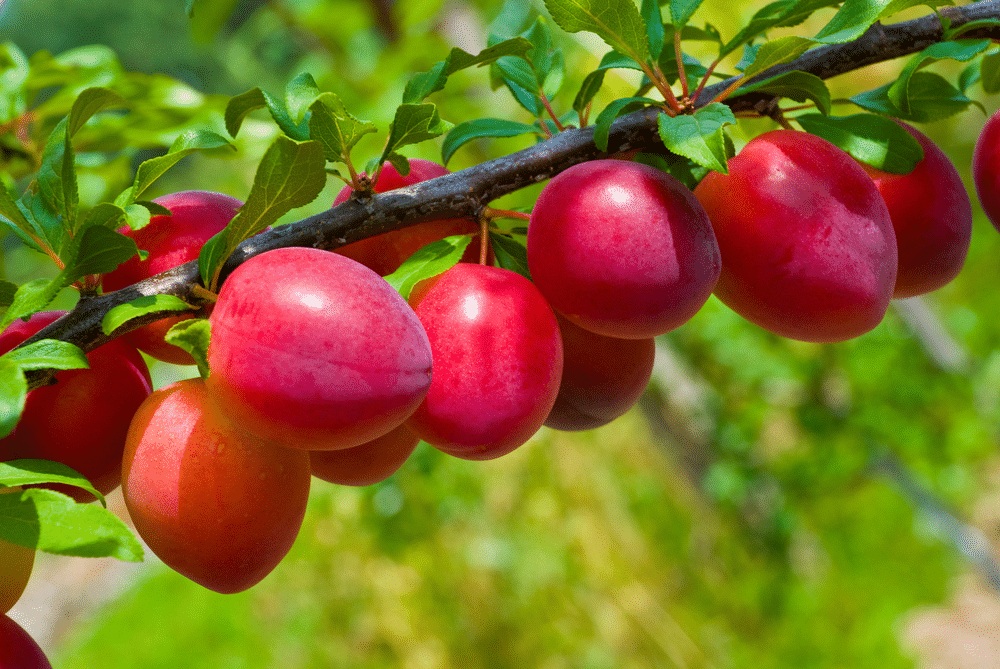
Edible Fruit Plants 5 Most Popular Fruit Bearing Trees
This deciduous, fruit-bearing tree can grow to about 40 feet tall, has shiny foliage, flaky, light gray bark, and an upright trunk with pendulous branches. These trees are not common anywhere in Arizona, but every once in a while, you may find one. A specimen is planted in the University of Arizona Campus Arboretum (see link on the online edition).

FRUIT BEARING TREES BALANGA GREENSCAPE FLORA
The pomegranate (Punica granatum) is a fruit-bearing deciduous shrub in the family Lythraceae, subfamily Punicoideae, that grows between 5 and 10 m (16 and 33 ft) tall.The pomegranate is rich in symbolic and mythological associations in many cultures. Young pomegranate tree in Side, Turkey. The pomegranate was thought to have originated from Afghanistan and Iran before being introduced and.

How To Propagation of Fruit Bearing Trees by Air Layering, Grow Fruits Tree from Cuttings YouTube
Litchi chinensis. Lychee (Litchi chinensis) is also called litchi, leechee, lichi and mamoncillo chino. Its leaves are a collection of 2 to 8 leaflets that are reddish in color when young, but turn bright green when mature. The fruit is yellow, pink or red in color. The edible part is between the peel and the pit.

[Solved] Fruitbearing tree identification 9to5Science
Morinda citrifolia is a fruit-bearing tree in the coffee family, Rubiaceae, native to Southeast Asia and Australasia, and was spread across the Pacific by Polynesian sailors. The species is now cultivated throughout the tropics and widely naturalized. There are over 100 names for this fruit across different regions.

DEMONSTRATE SCIENTIFIC WAYS OF PROPAGATING FRUIT BEARING TREES / TLE6 Agriculture Week 6 YouTube
Tree or plant type Tree, Shrub; Foliage Deciduous (seasonally loses leaves) Native locale Non-native; Size range Large shrub (more than 8 feet), Compact tree (10-15 feet), Small tree (15-25 feet) Mature height 15-25 feet; Mature width 15-25 feet; Light exposure Full sun (6 hrs direct light daily), Partial sun / shade (4-6 hrs light daily)
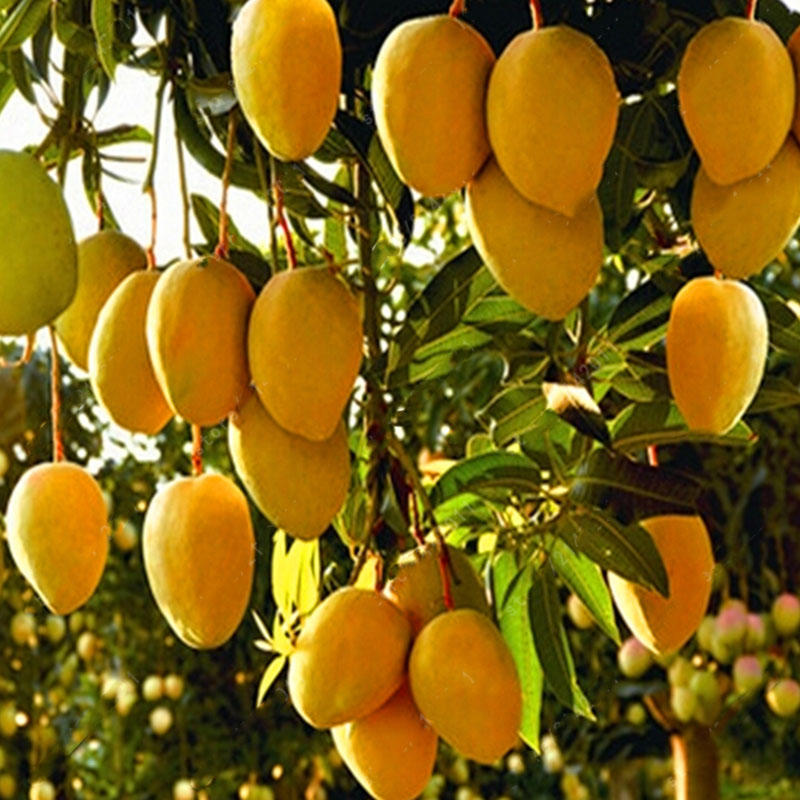
7 Ways of bearing fruit in God's Kingdom Satan
The best time of year to plant is in the spring when the temperature stays between 50℉ to 90℉. When planting, dig a hole at least twice the size of the root ball. Loosen any circling roots and place the root ball into the hole. Fill in the hole and make sure to leave the graft at least 2-3 inches above the soil.

The Chinese Quinces Tree Bearing Fruit Stock Photo Image of ingredient, fruit 165861242
Dimocarpus longan, commonly known as the dragon's eye, is a tropical tree species that produces edible fruit. [3] It is one of the better-known tropical members of the soapberry family Sapindaceae, to which the also belong. [3] The fruit of the longan is similar to that of the lychee, but less aromatic in taste. [4]

FRUIT BEARING TREES BALANGA GREENSCAPE FLORA
The Chinese Fringe Tree is the perfect sized flowering tree for any landscape, especially when there is limited space. Native to China, Korea, and Japan, Chionanthus retusus (botanical name), features soft green leaves and pure-white, fringe-like blossom clusters that open in late spring or early summer. This Fringe tree is a fantastic accent.
Persistent Gardener Planting Fruit bearing Trees
The loquat tree is a popular choice for gardeners that want an attractive, fruit-bearing tree in their garden. The loquat is a distant relative to the rose. The plant produces small fruits that taste like a blend of citrus, peach, and mango - and are utterly delicious.. Both traditional Japanese and Chinese medicine include remedies using.
Oakland museum fruit bearing tree r/whatsthisplant
1. Asian Pear (Pyrus pyrifolia) Grows in USDA hardiness zones: 5-9 Get Asian Pear tree on Amazon Native to East Asia, Asian Pear trees are easy to grow and produce a bountiful harvest. As such, they make for excellent landscape plants that reach as tall as twenty feet!
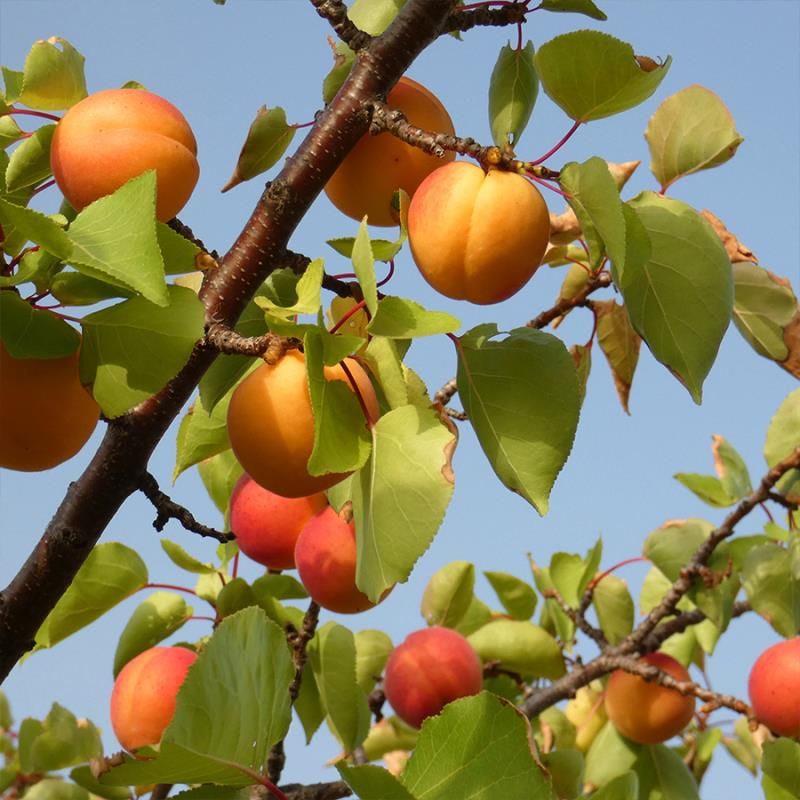
Chinese Apricot Tree Stark Bro’s
Looking for Chinese Fruit Tree? We have almost everything on eBay. No matter what you love, you'll find it here. Search Chinese Fruit Tree and more.

[Solved] Fruitbearing tree identification 9to5Science
Possible answer: L Y C H E E Did you find this helpful? Share Tweet Look for more clues & answers Sponsored Links Chinese fruit-bearing tree - crossword puzzle clues and possible answers. Dan Word - let me solve it for you!

FRUIT BEARING TREES BALANGA GREENSCAPE FLORA
The jujube tree (Ziziphus jujuba), also called Chinese date, can grow in Florida and the southwestern United States from Texas to California. This is a hardy, drought-tolerant tree that Texas A&M says has few pest issues.
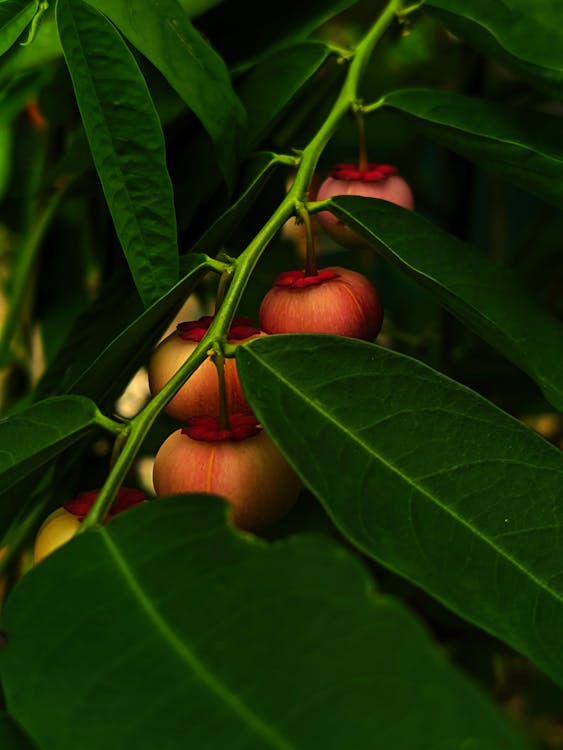
Fruit Bearing Tree · Free Stock Photo
Kumquats ( / ˈkʌmkwɒt / KUM-kwot ), [1] or cumquats in Australian English, are a group of small, angiosperm, fruit -bearing trees in the family Rutaceae. Their taxonomy is disputed. They were previously classified as forming the now-historical genus Fortunella or placed within Citrus, sensu lato.
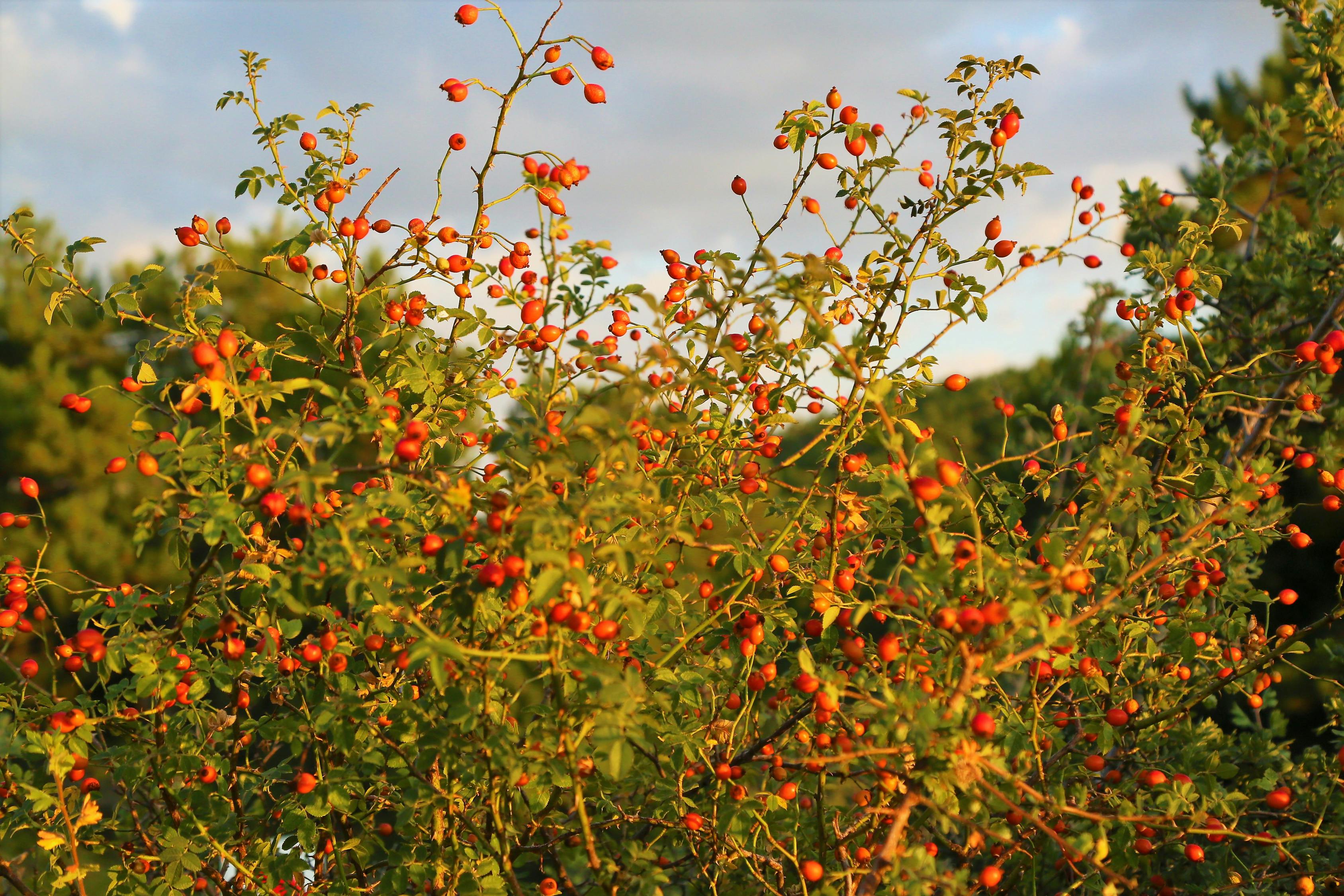
A Fruit Bearing Tree · Free Stock Photo
A highly prized small tree with upright branches forming a dome shape. Soft green leaves back magnificent clusters of fragrant, fringe-like blooms. A terrific accent for small yards. Deciduous. Water when top 2 inches of soil is dry. This outstanding small tree will provide perfect interest for spatially challenged front yards.

14 Best FruitBearing Trees to Grow in Your Backyard
At times, it can even survive in sand or heavier clay soils, as long as the soil is at least slightly acidic. Likewise, the Chinese Fringe Tree also grows when it receives anywhere from four to eight hours of light per day. To plant this tree, dig a hole that is as deep as the root ball is tall and about double the width of the root ball or more.